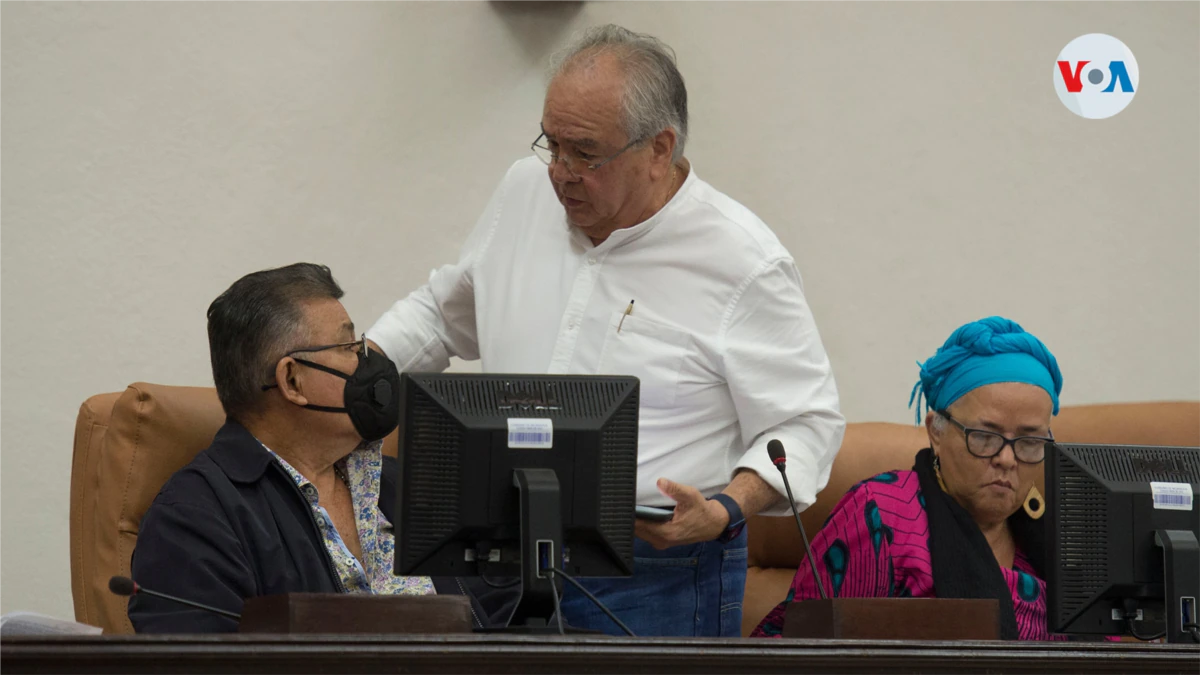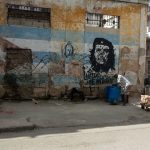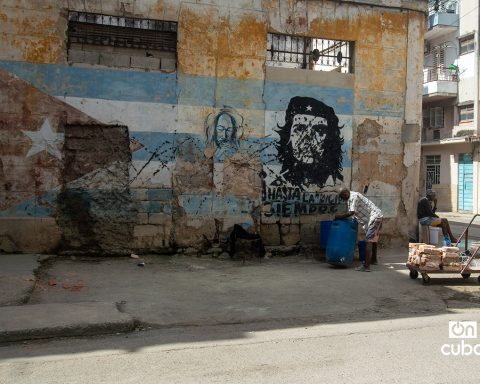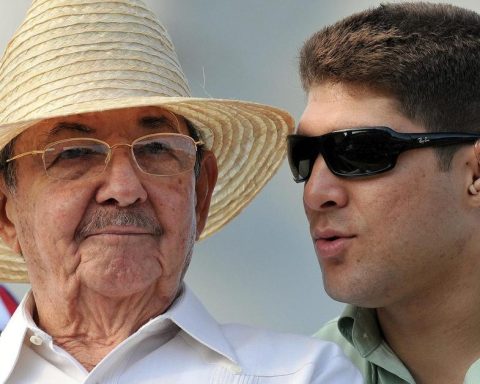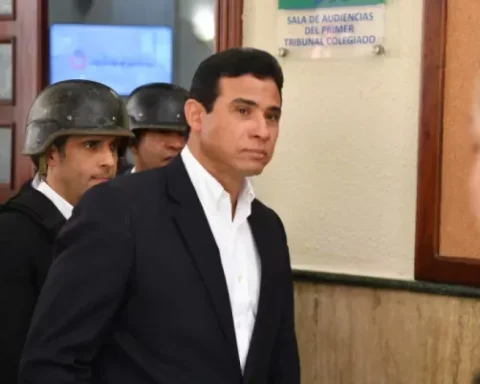Amid criticism at the national and international level, the National Assembly controlled by pro-government deputies in Nicaragua, canceled this Tuesday 83 other non-governmental organizations among which are the Nicaraguan Academy of Language and the Foundation of former President Enrique Bolaños, which bears his name.
According to the ruling party, these organizations allegedly failed to comply with the legal regulations established to regulate them, an argument that has been repeatedly denied by numerous NGOs in Nicaragua.
In total, there are more than 250 organizations canceled in the country during the last four years, since a political crisis began in the country. Experts affirm that the objective of closing the entities is to control the State in all possible areas.
The RAE, worried
The Nicaraguan Academy of Language, which was outlawed on Tuesday, is one of the oldest in the country. It was founded 94 years ago.
The Royal Spanish Academy (RAE) previously expressed “its concern about the news of the possible closure” and indicated that this will cause the disappearance of the organization after 94 years of existence serving “the greatest cultural value of the nation”, the language. .
“For all these reasons, the RAE, which defends the freedoms of thought, expression and association as the first values of any system of coexistence, strongly supports and vindicates the legitimate right of the Nicaraguan Academy of Language to serve its fellow citizens,” he said. the institution in a statement.
Nicaraguan writers also repudiated the organization’s cancellation. The poet Gioconda Belli pointed out that despite the outlawing of this Tuesday “the dictatorship will not be able to erase the contribution that the Academy has meant for the country with a stroke of the pen.”
The Foundation of former President Enrique Bolaños, which bears his name and which emerged in order to “preserve and disseminate political, cultural, legal and historically relevant information for Nicaraguans,” was also cancelled.
The legislative measure had the 75 votes of the Nicaraguan pro-government deputies, while 16 of their allies abstained.
Nicaragua has been experiencing a serious political crisis for four years since the protests began against President Daniel Ortega, who left more than 300 deadaccording to human rights organizations.
The president then said that it was an attempted coup d’état and as a result, organizations denounced that he intensified the repression through the approval of laws that closed the space to free organization.
The Foreign Agents Law, the Cybercrime Law and the Law for the Defense of the Rights of the People to Independence were three of the laws approved after the protests.
Connect with the Voice of America! Subscribe to our channel Youtube and turn on notifications, or follow us on social media: Facebook, Twitter and Instagram
